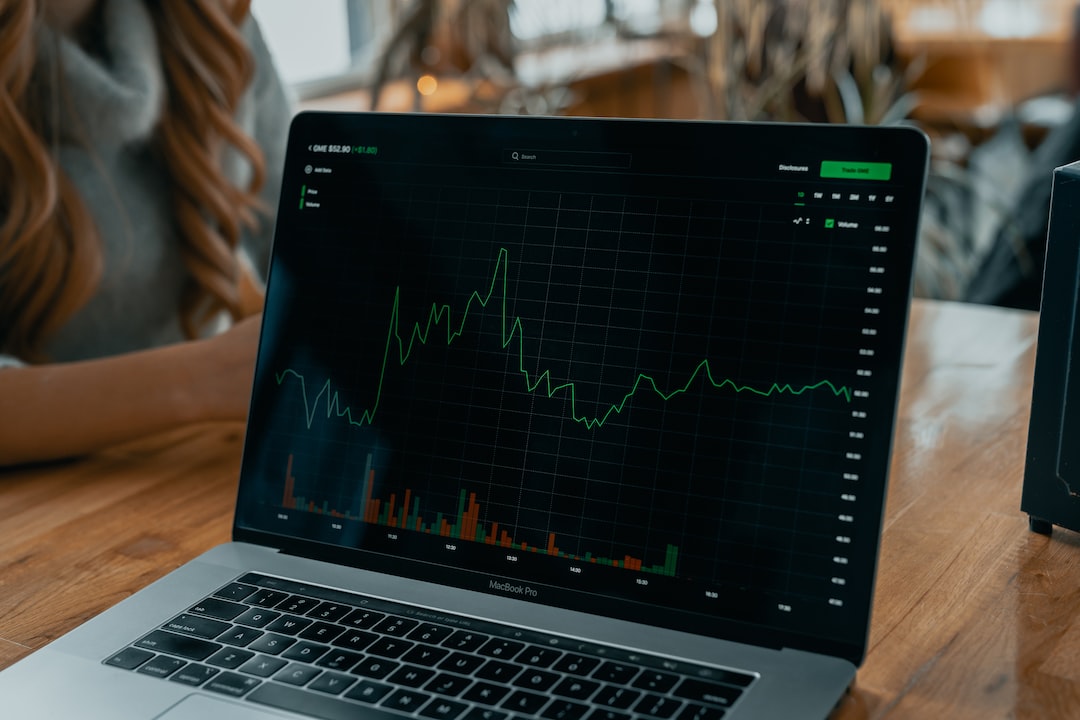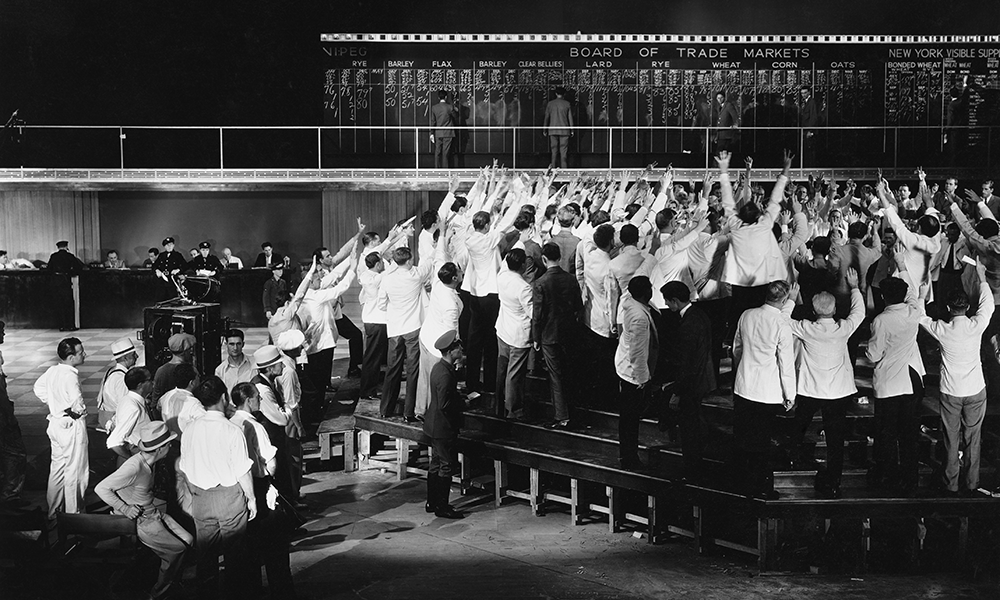Introduction
In the ever-fluctuating world of finance, inflation plays a pivotal role, leaving its mark on various sectors, including the forex market. Like a ripple effect, inflation’s presence can trigger a chain reaction, significantly altering the dynamics of currency trading. Understanding the intricate relationship between inflation and forex is crucial for investors and traders alike, as it can influence their decision-making and impact their financial outcomes. In this article, we embark on a comprehensive exploration of how inflation affects the forex market, unraveling the intricate economic domino effect it sets in motion.

Image: www.forex.academy
Inflation: A Primer
Inflation refers to a sustained increase in the general price level of goods and services within an economy over time. It erodes the purchasing power of a currency unit, meaning that each unit can buy less than before. Inflation can be triggered by various factors, such as rising production costs, increased demand, or disruptions in the supply chain.
Inflation and the Forex Market
The forex market, also known as the foreign exchange market, is a global decentralized marketplace where currencies are traded. In this global arena, inflation in one country can have far-reaching effects on other countries’ currencies. Here’s how inflation impacts the forex market:
Exchange Rate Fluctuations
Inflation directly influences exchange rates, as it affects the relative purchasing power of currencies. When inflation is high in a particular country, its currency tends to depreciate against currencies of countries with lower inflation rates. This is because a higher inflation rate indicates a decrease in the value of that currency.

Image: www.audacitycapital.co.uk
Investor Confidence
Inflation’s impact on investor confidence plays a crucial role in currency movements. Investors often shy away from investing in countries with persistently high inflation, as it erodes the value of their investments. This reduced investor confidence can lead to a drop in demand for a country’s currency, further contributing to its depreciation.
Monetary Policy Adjustments
Central banks play a significant role in managing inflation through monetary policy adjustments. When inflation rises beyond desirable levels, central banks may increase interest rates to curb spending and borrowing, which can strengthen the value of a country’s currency. Conversely, falling inflation may prompt central banks to lower interest rates, potentially weakening the currency.
Inflation Differentials
Inflation differentials, or the difference in inflation rates between countries, are a critical factor in determining currency exchange rates. When inflation is higher in one country than another, it can create an environment for carry trade. In a carry trade, investors borrow money in low-interest-rate countries and invest in high-interest-rate countries, earning interest rate differentials. This can lead to appreciation in the high-interest-rate currency and depreciation in the low-interest-rate currency.
How Does Inflation Affect The Forex Market
Expert Insights: Navigating the Impact of Inflation
”Inflation is a double-edged sword in the forex market,” says Dr. Mark Hanson, an economist specializing in international finance. ”While it can provide opportunities for traders, it also poses risks. Understanding the mechanisms through which inflation affects exchange rates is essential for making informed trading decisions.”
Echoing Dr. Hanson’s sentiments, renowned forex trader Ms. Sarah Jones emphasizes, ”Traders should pay close attention to central bank monetary policy decisions, as they can significantly influence inflation expectations and currency movements.






